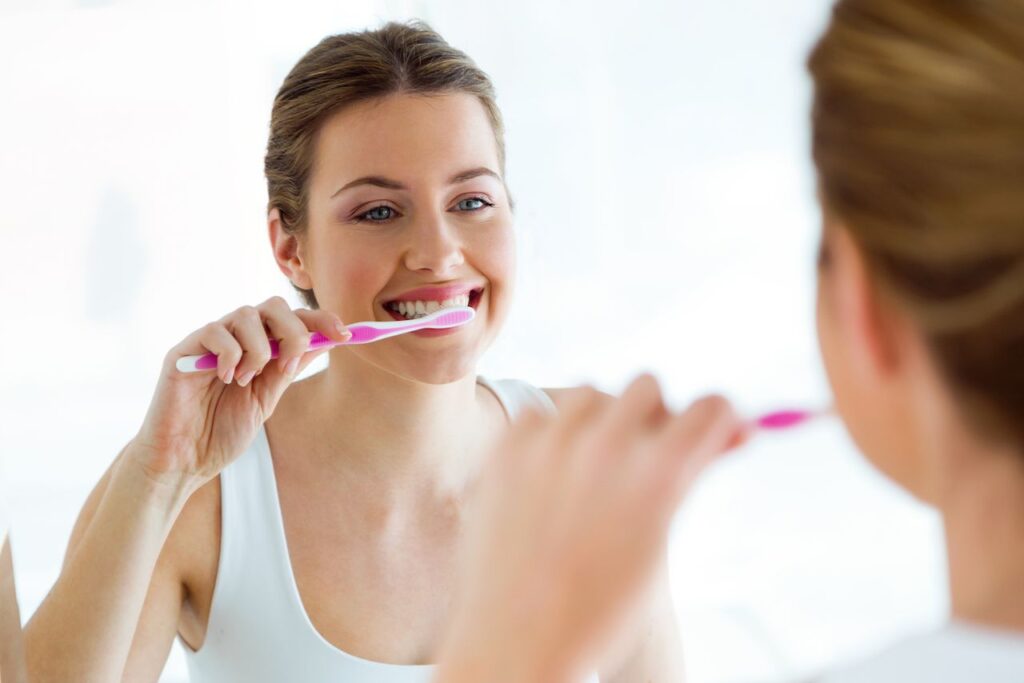Choosing the right toothbrush is more important than you might think. While it may seem like any toothbrush will do, using the right one can impact your oral health. In fact, there are several aspects of your toothbrush that you need to consider. The right toothbrush is a simple but vital step in maintaining good oral health.

Why Toothbrushes Matter
Your toothbrush is your first line of defense against plaque, cavities, and gum disease. Plaque is a sticky film of bacteria that forms on your teeth. If not removed, it can lead to cavities, gum disease, and even tooth loss. A good toothbrush helps to remove plaque effectively, keeping your mouth clean and healthy.
Types of Toothbrushes
There are many types of toothbrushes available, but they generally fall into two main categories: manual and electric. Each type has its benefits.
Manual Toothbrushes are cheaper and easy to find in any store. With these, you have full control over the pressure and speed when brushing your teeth. They come in various shapes, sizes, and bristle types to suit different needs.
Due to their vibrating or rotating heads, electric toothbrushes can remove more plaque than manual ones. They do most of the work for you, making them a good choice for people with limited mobility. Furthermore, many electric toothbrushes come with built-in timers to ensure you brush for the recommended two minutes.
Bristle Type Matter
One of the most crucial factors to consider when choosing a toothbrush is the type of bristles. Toothbrushes typically come with soft, medium, or hard bristles. Dentists usually recommend soft bristles because they are gentle on gums and enamel. They are effective at removing plaque without damaging teeth and gums.
Medium bristles can be a bit more effective at removing stubborn plaque. However, they can also be harsher on your gums and enamel. Furthermore, hard bristles can be tough on your teeth and gums, potentially causing damage. They are not typically recommended for regular use.
The Right Size and Shape
The size and shape of your toothbrush also play a role in its effectiveness. A smaller toothbrush head can reach the back teeth more easily and is more maneuverable in your mouth. This is especially important for people with smaller mouths. You should also choose a handle that is comfortable to hold and easy to maneuver. Some toothbrushes come with non-slip grips, making them easier to hold, even when wet.
How a Good Toothbrush Benefits Your Oral Health
A good toothbrush removes plaque and food particles from teeth, which helps prevent cavities. Cavities are holes in teeth caused by decay that can lead to toothaches and infections. Additionally, plaque can also cause gum disease, which can lead to red, swollen, and bleeding gums. In severe cases, it can even cause teeth to fall out. Using the right toothbrush helps to keep your gums healthy by removing plaque effectively. Finally, regular brushing with a good toothbrush helps to remove bacteria that cause bad breath. This means you can talk and smile with confidence.
Using a toothbrush with soft bristles and the right technique protects your tooth enamel. Tooth enamel is the hard outer surface of your teeth, and once it’s damaged, it cannot be replaced.
Believe it or not, good oral health is linked to good overall health. Studies link gum disease to heart disease. The right toothbrush can reduce your risk of heart disease.
